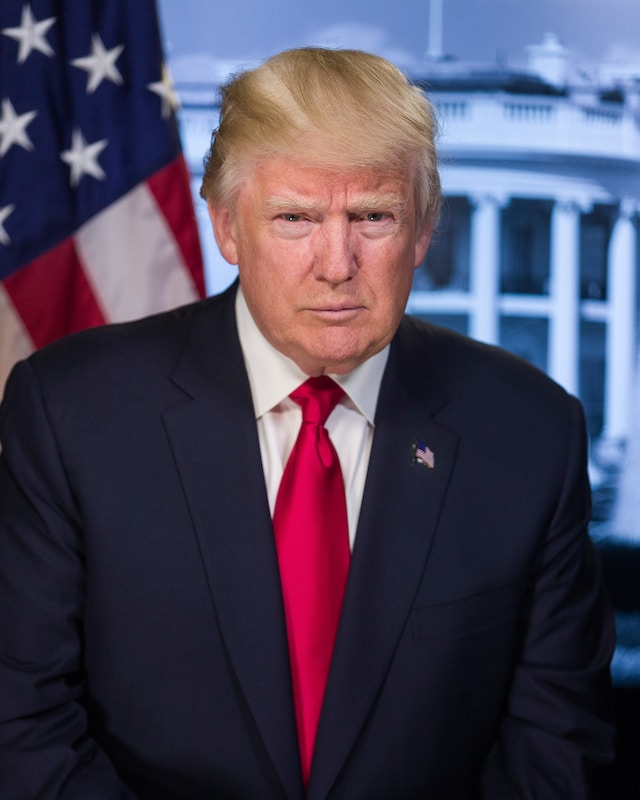In a significant legal twist, a U.S. judge has recently declared former President Donald Trump’s appeal in the E. Jean Carroll defamation case as ‘frivolous.’ The case, which has garnered widespread attention due to its implications on issues of accountability and presidential conduct, continues to unfold. In this article, we’ll delve into the background of the case, the details of the recent ruling, and the potential ramifications for both Donald Trump and E. Jean Carroll.
Background of the E. Jean Carroll Case: E. Jean Carroll, a prominent writer and advice columnist, accused Donald Trump of sexually assaulting her in a Manhattan department store in the 1990s. Trump vehemently denied the allegations, stating that Carroll was “totally lying” and that he had never met her, despite photographic evidence suggesting otherwise. Carroll subsequently filed a defamation lawsuit against Trump, claiming that his denials had damaged her reputation and caused emotional distress.
The Legal Battle Unfolds: The legal battle between E. Jean Carroll and Donald Trump has been closely watched, given its potential to establish legal precedent concerning the scope of immunity for sitting presidents and the accountability of public figures for their statements. Initially, the U.S. Department of Justice sought to intervene and defend Trump in the case, arguing that his denials were made as part of his official duties. However, the department’s attempt was met with backlash and was ultimately rejected by the court.
The ‘Frivolous’ Appeal Ruling: In the latest development, a U.S. judge has characterized Donald Trump’s appeal in the E. Jean Carroll case as ‘frivolous.’ The judge’s ruling suggests that the appeal lacks merit and is without serious legal basis. This ruling not only underscores the strength of Carroll’s case but also raises questions about the strategies employed by Trump’s legal team. It also potentially paves the way for the case to proceed to trial, bringing it closer to a resolution.
Implications for Both Parties: The judge’s decision to label Trump’s appeal as ‘frivolous’ could have significant implications for both Donald Trump and E. Jean Carroll. For Trump, the ruling could signal the need for a reevaluation of his legal approach and a potential shift in his defense strategy. On the other hand, Carroll’s position strengthens as the case gains momentum, potentially leading to a trial where evidence will be presented and evaluated.
Conclusion: As the legal battle between E. Jean Carroll and Donald Trump continues to evolve, the recent ‘frivolous’ appeal ruling by a U.S. judge has added a new layer of complexity to the case. This ruling underscores the importance of legal strategy and the implications of courtroom decisions in high-profile cases. As both parties prepare for the next phase of the legal proceedings, the case remains a focal point for discussions on accountability, defamation, and the intersection of legal and political considerations.












